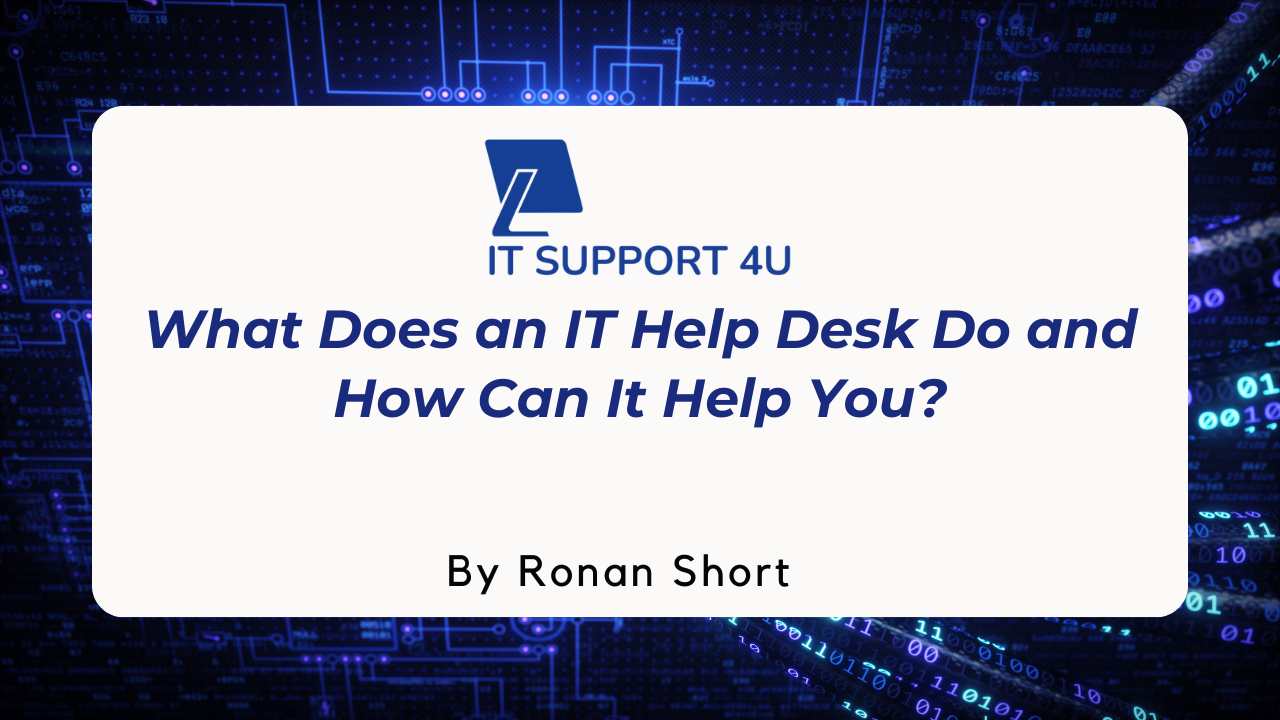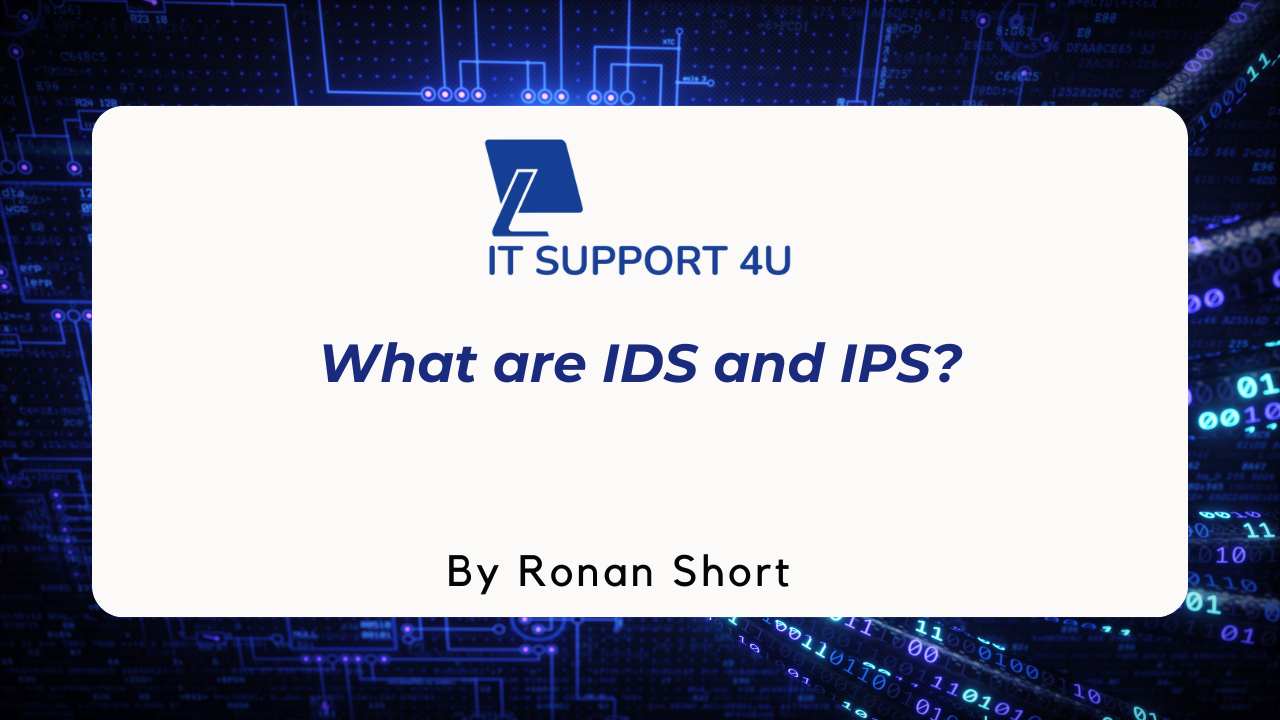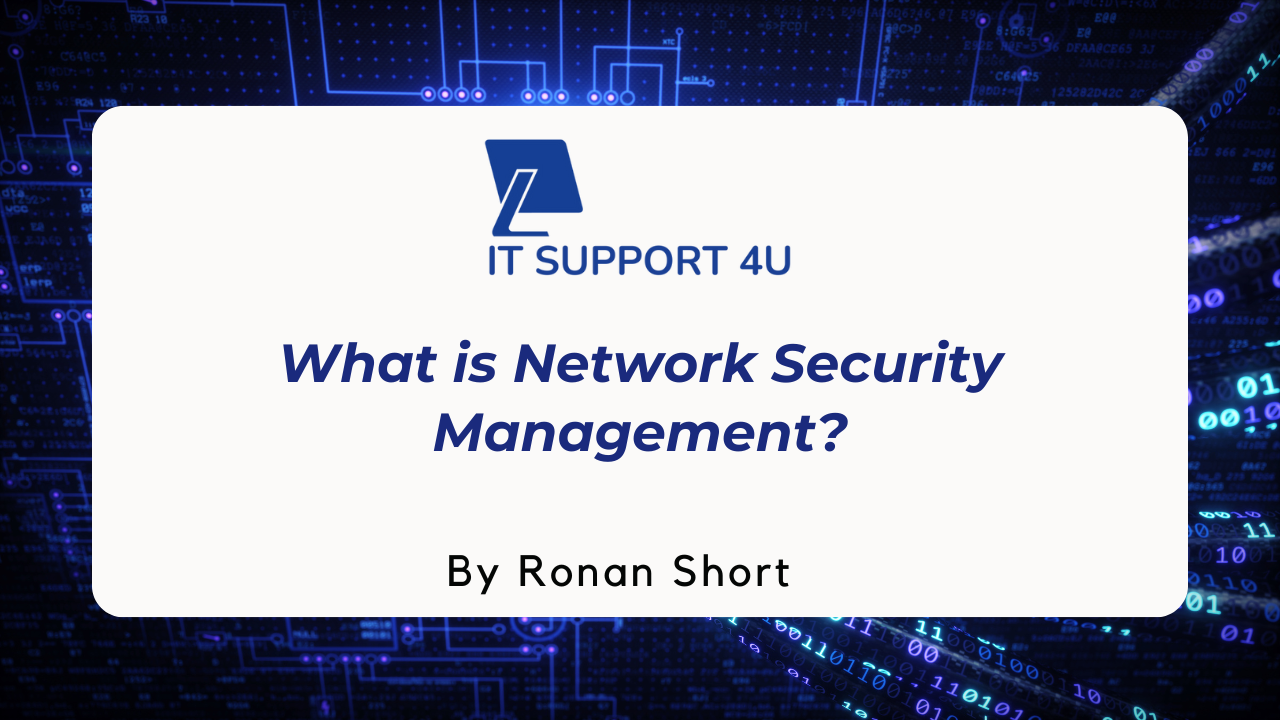As the trend towards remote work continues to grow, businesses are becoming increasingly vulnerable to cybersecurity risks. Remote work brings with it new challenges for IT departments, as employees are accessing sensitive company data outside the confines of the traditional office environment.
This blog will discuss the cybersecurity risks associated with remote work and explore prevention strategies. By implementing best practices and staying vigilant, businesses can keep their data secure and avoid costly breaches.
How does Remote Work Impact Cybersecurity?
The shift towards remote work has fundamentally changed how businesses operate. Remote workers access company data from various locations and devices, which increases the risk of data breaches.
Additionally, remote workers may not have the same level of cybersecurity awareness as they would in the office, which can further increase the risk of data breaches. Cybercriminals are aware of these vulnerabilities and are increasingly targeting remote workers as a result.
Cybersecurity Risks of Remote Working
1) Phishing Attacks
Phishing attacks are one of the most common cyber threats. In a phishing attack, cybercriminals use fake emails, texts, or social media messages to trick users into giving them access to sensitive data. Remote workers may be more vulnerable to phishing attacks as they often use personal devices that may not have the same level of security as company devices.
2) Weak Passwords
Weak passwords are one of the most significant cybersecurity risks for remote workers. Passwords that are easy to guess, such as “password123,” are a favourite target of cybercriminals. Remote workers should be encouraged to use strong passwords and to change them regularly.
3) Unsecured Networks
Remote workers often use unsecured Wi-Fi networks to access company data. These networks are easy targets for cybercriminals, who can intercept data being transmitted over them. Companies should encourage remote workers to use VPNs to create a secure connection to the company network.
4) Malware Infections
Malware is a type of software that can infect a device and steal sensitive data. Remote workers may be more vulnerable to malware infections if they are not using up-to-date antivirus software. Companies should ensure that all devices used by remote workers are up-to-date and have the latest antivirus software installed.
5) Insider Threats
Insider threats occur when an employee with access to sensitive data intentionally or unintentionally leaks that data. Remote workers may be more likely to accidentally share confidential information with family members or friends who are sharing their workspaces. Companies should provide cybersecurity training to remote workers to help them understand the risks of insider threats.
6) Unsecured Devices
Remote workers often use personal devices like laptops or smartphones to access company data. If these devices are not properly secured, they can be vulnerable to cyberattacks. Companies should encourage remote workers to keep their devices up-to-date and to use security software such as firewalls and antivirus software.
7) Data Loss
Data loss can occur when remote workers accidentally delete or lose sensitive data. This can be particularly problematic if the data is not backed up. Companies should ensure remote workers regularly back up their data to avoid loss.
8) Lack of Cybersecurity Awareness
Remote workers may not have the same level of cybersecurity awareness as they would in the office. This can make them more vulnerable to cyberattacks. Companies should provide cybersecurity training to remote workers to help them understand the risks and how to prevent them.
How to Avoid these Risks?
1) Use Two-Factor Authentication
Two-factor authentication adds an extra layer of security to logins, making it more difficult for cybercriminals to access sensitive data. Companies should encourage remote workers to use two-factor authentication whenever possible.
2) Encourage Strong Passwords
Companies should encourage remote workers to use strong passwords and to change them regularly. A strong password should be at least eight characters long and include a combination of letters, numbers, and symbols.
3) Use VPNs
A VPN creates a secure, encrypted connection between a remote worker’s device and the company network, making it more difficult for cybercriminals to intercept data. Companies should provide VPN access to remote workers and encourage them to use it whenever they access company data.
4) Provide Cybersecurity Training
Providing cybersecurity training to remote workers can help them recognise and avoid potential cyber threats. Training should cover topics such as phishing, malware, and password security. Companies should also provide regular updates on new threats and how to prevent them.
5) Implement Access Controls
Access controls allow companies to control who has access to sensitive data. Companies should implement access controls to ensure only authorised employees can access sensitive data.
6) Monitor Network Activity
Companies should monitor network activity to identify potential threats and respond to them quickly. Monitoring can help companies identify suspicious activity and prevent data breaches before they occur.
7) Back-Up Data
Companies should back up data regularly to avoid data loss during a cyber-attack or other disaster. Backups should be stored in a secure location to prevent unauthorised access.
8) Use Up-to-Date Software
Companies should ensure that all devices used by remote workers have the latest software updates and patches installed. This includes antivirus software, firewalls, and operating systems. Up-to-date software can help prevent cyber attacks by addressing known vulnerabilities.
Protect Your Business Today – Contact IT Support!
In today’s digital landscape, remote work has brought new cybersecurity risks for businesses. At IT Support, we are here to help you protect your data and mitigate cyber threats. Our team of experts can implement best practices to ensure the security of your business data.
Contact us today for remote work cybersecurity consultation and take action to protect your business. We are committed to helping businesses in Ireland stay secure and achieve their goals.
Get an IT Plan Today!













